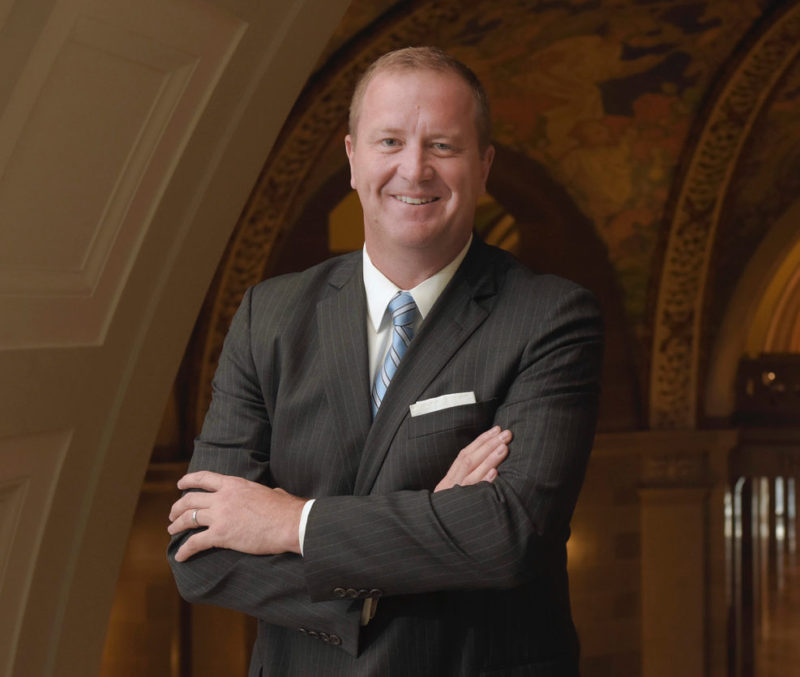By Brian Earll and Sarah Jones
In a 24-hour news cycle dominated by division and unrest, we have started to lose sight of the thing which binds us together as Americans—community. This is not just our physical neighborhoods, but our social institutions and advocacy organizations that give a voice to the most vulnerable. All of these institutions have one thing in common: they attract citizens from across the political, geographic, and socioeconomic spectrum into a community with a common goal. More importantly, these organizations focus on bettering their communities in diverse ways, outside the noise of partisan politics. They bring together a diverse community of citizens who wouldn’t otherwise interact; they spark an understanding of other points of view, interrupting the social media feedback loop we find ourselves in.
When he was sent to America by the French in 1831, Alex De Tocqueville was charged with studying the American criminal justice system. However, what he discovered was a whole new type of society. In Democracy in America, his now famous book of letters, De Tocqueville detailed a societal structure foreign to the French. In America, decentralized, community-based organizations made the decisions which impacted citizens the greatest, their world was impacted from the very lowest levels of government, not from the top. Importantly, he observed, “Nowhere have the Americans established any central direction over their thinking.” He realized that communities and social groups dedicated to solving local problems often made government authority less necessary. Here, it wasn’t Washington or even the state capitol people looked to for solutions, the people looked to their communities.
As law students at Saint Louis University, we were afforded a unique opportunity to join a community much like those De Tocqueville witnessed all those years ago. While disguised as a graduate level Philosophy course in Saint Louis University’s Religious Studies Department, 21st Century American Civics was more akin to a weekly meeting dedicated to resurrecting the importance of community groups. The group was led by someone no stranger to the Show Me State, State Treasurer Eric Schmitt. Over the course of a semester our group studied everything from Greek philosophy, to the Declaration of Independence, to the writings of Martin Luther King Jr. Class included one-on-one discussions with political leaders and politicians on both sides of the aisle, to lobbyists, to even some of the most controversial campaign mega donors in the region. Discussions with community leaders spanned from local charity organizations to national advocacy groups. Meetings were truly a cross section of our region and country.
In the normal course of events, students are asked to anonymously rate their professor’s performance at the end of the semester. But as we thought about the course, that didn’t seem the appropriate outlet for a course structured around spreading a deeper understanding of the institutions that our communities are built on. So, as students start to make their way back to campus, we would like to offer our full and unqualified endorsement of “Professor” Schmitt’s 21st Century American Civics. In a climate focused on partisanship and division, now more than ever we must return to the roots of what make us who we are as Americans. We must return to the community organizations that bind us together outside our pollical echo chambers and social media feedback loops.
We encourage you to take some time to really consider how connected you are to our community. There are countless amazing institutions right here in Missouri that could use your help, whether its fighting for a voice for the voiceless or sharing your mutual love for the arts. Get involved in these groups. Also, if you happen to be a student at Saint Louis University, keep an eye out on campus, rumor has it that “Professor” Schmitt is at it again.
Brian Earll and Sarah Jones are both students at Saint Louis University School of Law.


